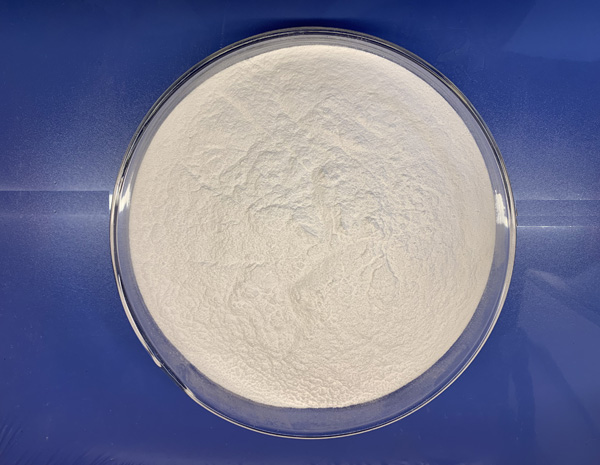Manganese sulfate monohydrate is commonly used as a feed additive in animal nutrition to address manganese deficiencies and promote the overall health and well-being of livestock. Manganese is an essential trace mineral that plays a crucial role in various physiological processes within animals. Here are some key applications of manganese sulfate monohydrate in feed additives:
Bone and Cartilage Development:
Manganese is integral to the formation and maintenance of bones and cartilage in animals. Including manganese sulfate monohydrate in feed helps ensure proper skeletal development, bone strength, and cartilage integrity. This is particularly important for growing animals and breeding stock.
Enzyme Activation:
Manganese acts as a cofactor for several enzymes involved in metabolic processes, including those related to energy metabolism, amino acid synthesis, and the protection against oxidative stress. Incorporating manganese sulfate monohydrate into animal feed supports the activation of these enzymes, contributing to overall metabolic efficiency.
Reproductive Health:
Manganese is essential for proper reproductive function in animals. Adequate levels of manganese are associated with improved fertility, gestation, and lactation. Including manganese sulfate monohydrate in the feed additives of breeding animals helps support reproductive health and successful reproduction cycles.

Antioxidant Defense:
Manganese plays a role in the activation of superoxide dismutase, an important antioxidant enzyme. By including manganese sulfate monohydrate in animal feed, the antioxidant defense system is bolstered, helping to mitigate the harmful effects of oxidative stress and promoting overall health.
Connective Tissue Formation:
Manganese is involved in the synthesis of connective tissues such as tendons and ligaments. Animals that receive sufficient manganese through their diet are better equipped to develop and maintain strong and resilient connective tissues, reducing the risk of injuries.
Optimal Growth and Weight Gain:
Manganese is linked to the efficient utilization of nutrients for growth and weight gain in animals. Ensuring an adequate supply of manganese through manganese sulfate monohydrate in the feed helps optimize growth rates, particularly in young animals.
Feather and Hair Formation:
Manganese is crucial for the formation of feathers in birds and hair in mammals. Including manganese sulfate monohydrate in poultry and livestock feed contributes to the development of healthy feathers and hair coats, which is essential for both cosmetic and protective purposes.
Immune System Function:
Manganese plays a role in the proper functioning of the immune system. Animals receiving an appropriate level of manganese in their diet are better equipped to mount effective immune responses, leading to enhanced disease resistance and overall well-being.
It's important to note that while manganese is essential for animal health, excessive supplementation can lead to toxicity. Therefore, feed formulations containing manganese sulfate monohydrate should be carefully balanced and comply with recommended guidelines to ensure the optimal health and performance of the animals. Regular monitoring and adjustment of manganese levels in the feed are essential to prevent deficiencies or excesses that could impact animal health.





Comments
0